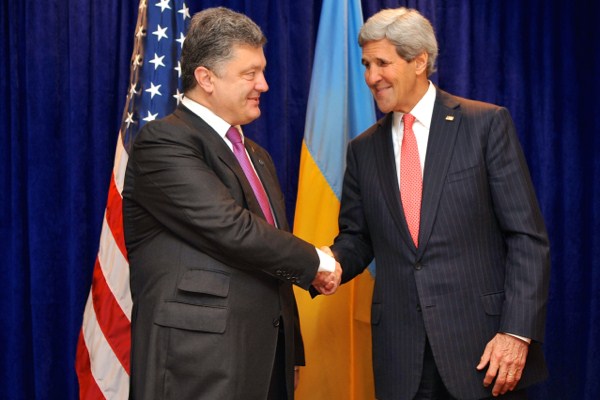Before it recessed to focus on the midterm election campaign, the Senate Foreign Relations Committee voted on draft legislation that would recognize Ukraine, Georgia and Moldova as “non-NATO allies” of the United States. Indeed, Ukrainian President Petro Poroshenko’s government had made such a request of Washington earlier this summer, although U.S. President Barack Obama’s administration declined to act on this matter, much to the disappointment of some Ukrainians and their supporters in Congress. Assuming that the legislation passes the full Senate and is also adopted by the House, it is highly unlikely that Obama would risk a veto of the measure, given that as a senator he had already cast votes to support NATO membership for these three countries.
Yet even though this would be a momentous step—to rank three ex-Soviet republics, each with protracted conflicts with Russia, on the same level as close American strategic partners like Japan, South Korea, Israel and Australia—there has been remarkably little debate or discussion of the ramifications of such a measure. There is a strong case for proceeding with such a step: If one assesses that a Russia-China entente has begun to emerge, and that this bloc will be hostile to Western interests, then consolidating a network of allies along Russia’s western and southern peripheries could make sense. But it would have to take into account the likely costs of such a venture.
With current U.S. treaty allies in Central Europe and East Asia already questioning the depth of the U.S. commitment to their defense, taking on new partners that are guaranteed to become security consumers rather than net providers would be risky. One must also address whether or not it might be better to create neutral buffer zones to help reduce the prospects of conflict. It also bears reminding that a Russia-China partnership is not a pre-ordained fact and there still remain considerable points of tension and mistrust between the two Eurasian giants.

